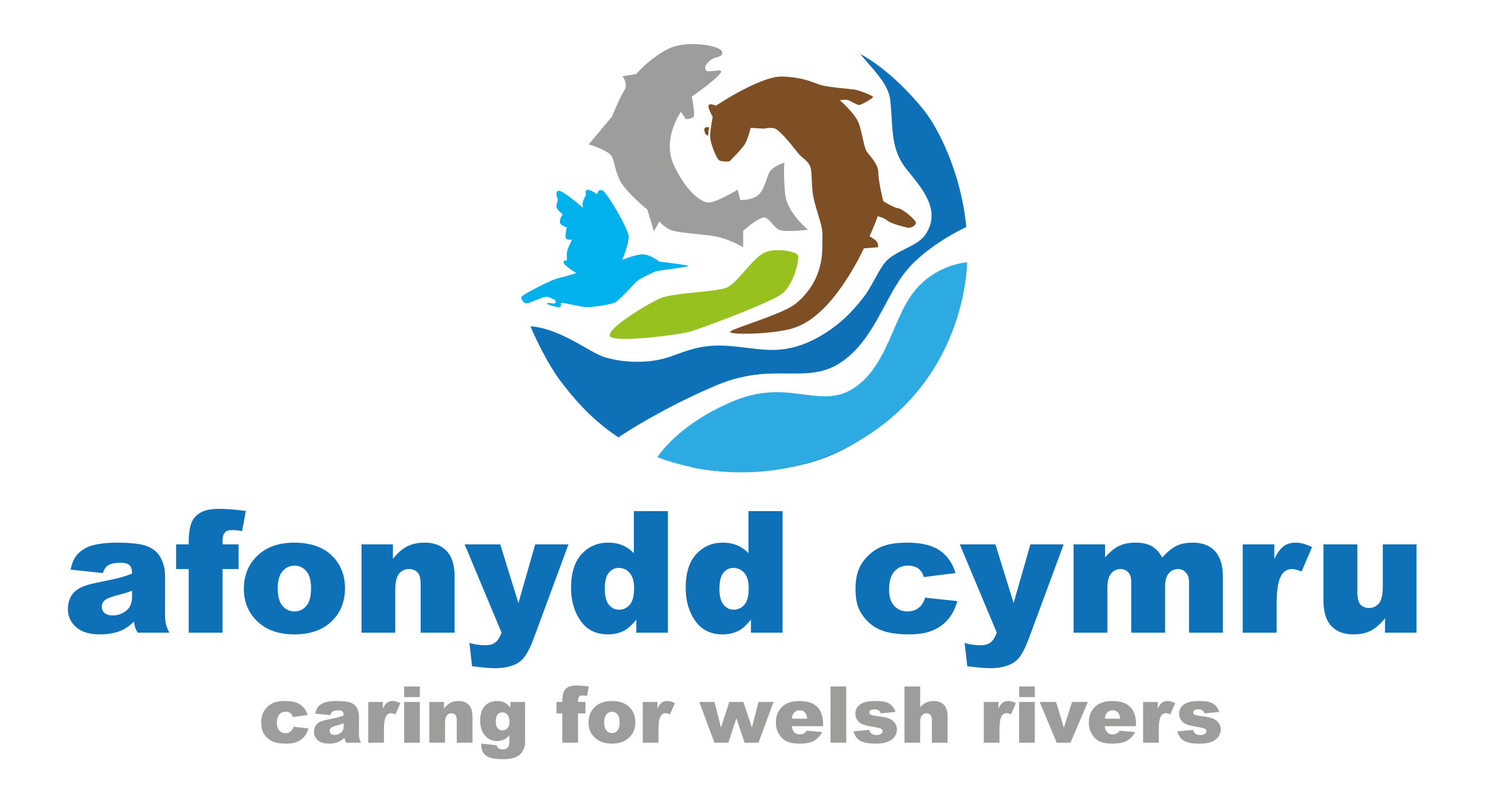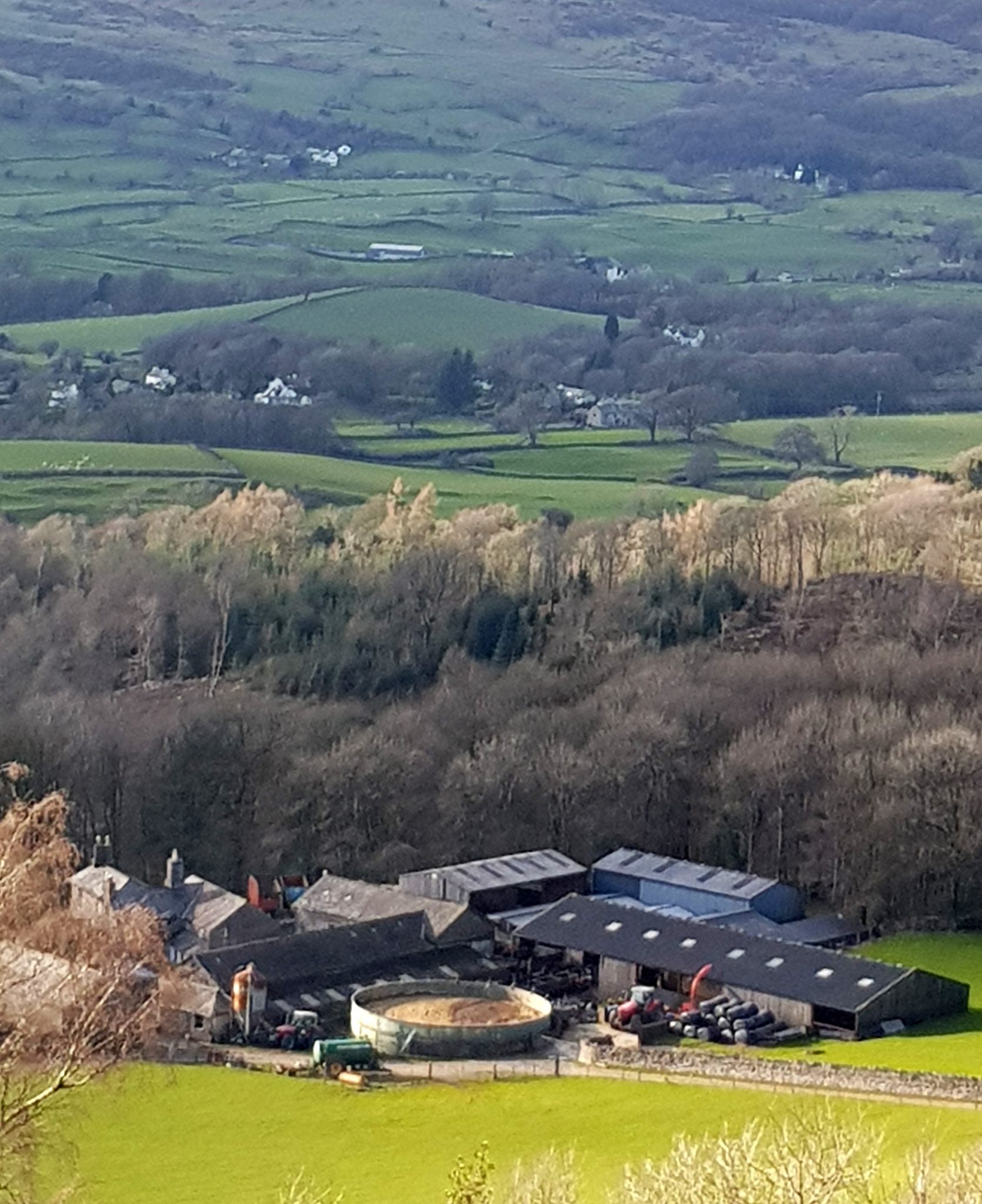NRW state that they will need between 60 and 200 new staff to ensure compliance with the new regulations.
Slurry pollution is generated from cattle rearing (beef and dairy) and pigs. It is an especially significant issue in the dairy belts of West Wales, Carmarthenshire and Pembrokeshire, but is also spreading to upland areas of Wales. Slurry can cause issues for rivers in two ways:
- pollution incidents (either deliberate or accidental disposal of slurry entering the watercourse) ““ these are known as point source incidents, or”¦”¦
- inappropriate management of slurry to land such as over-application, application during wet weather or inappropriate application (incorrect geology/soil type, application near on-farm drainage ditches which transport slurry to watercourses) ““ these are known as diffuse incidents.
A key difference between these is that point source incidents are direct, visual and generally are identified as pollution incidents, reported by the public and media. Diffuse incidents however are much more slow-moving, may be difficult to trace to source and may enter the watercourse over a wider area. However, both have tragic impacts on our rivers and can wipe out whole ecosystems.
The principal sources of regulation and enforcement are:
- The Silage, Slurry and Agricultural Fuel Oil (Wales) regulations 2010 known as SSAFO
- The Environmental Permitting (England and Wales) Regulations 2016
Cross compliance legislation - Cross compliance legislation
- The Water Resources (Control of Agricultural Pollution) (Wales) Regulations 2021
Afonydd Cymru strongly supported the implementation of these new regulations which will limit the amount of nitrogen that can be applied to land, define periods for spreading and increase storage facilities for slurry.
While this goes some way to address the problem, Afonydd Cymru remains concerned about the enforcement of the regulations and the current state of prosecution under them. NRW evidence shows that 62% of dairy farms are non-compliant with the legislation.
And in May 2022, Natural Resources Wales declared that they would need between 60 and 200 extra staff to enforce the new rules.
We continue to fight for:
- Effective enforcement of regulations
- Ensuring NRW prosecutions reflect the new regulations
- A robust monitoring regime that is capable of detecting and recording pollution

